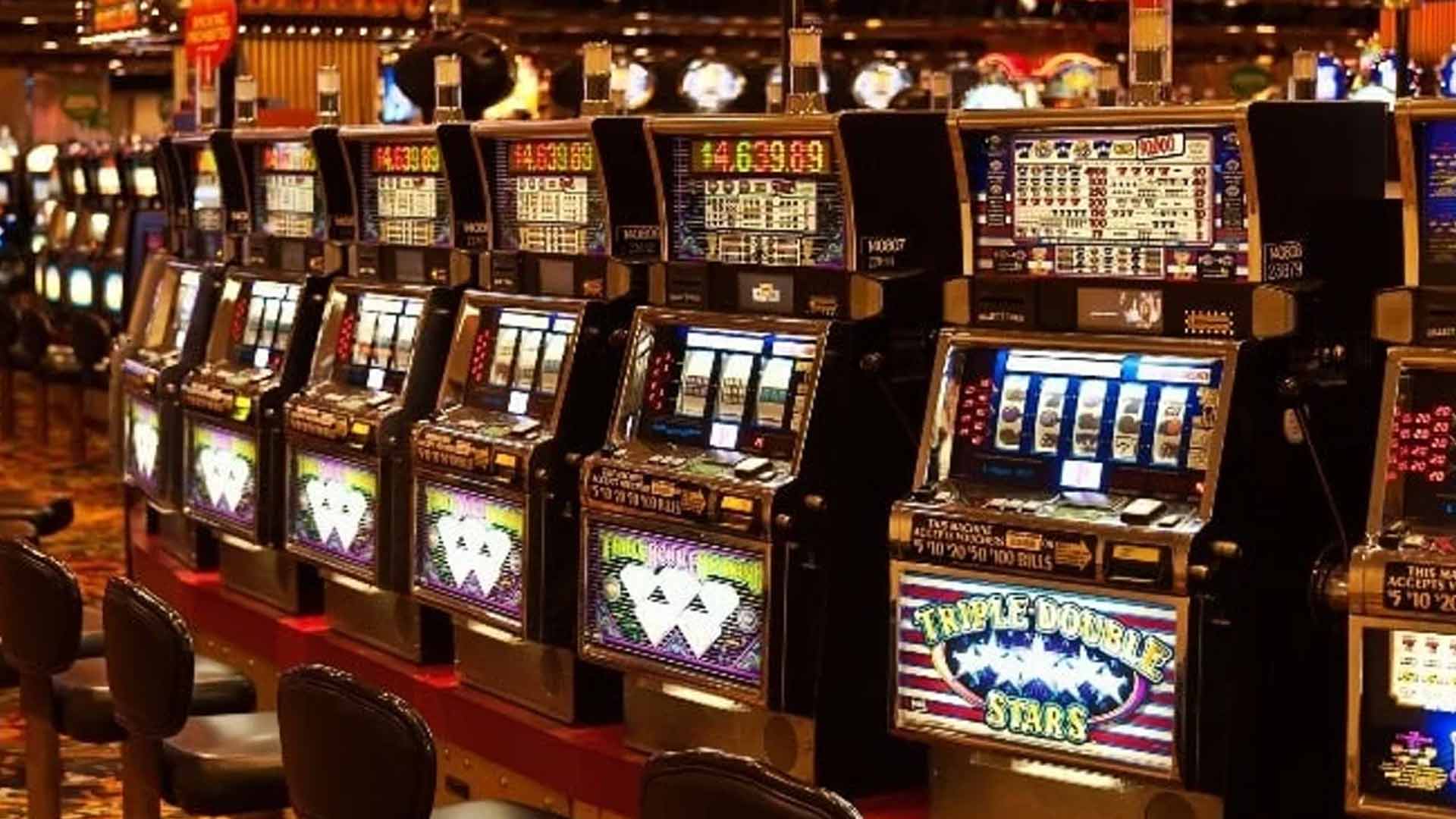The Influence of Casinos on Local Politics
```htmlThe Influence of Casinos on Local Politics
Casinos, with their shimmering lights, constant buzz, and promises of instant riches, are more than just entertainment venues. They are complex economic engines that wield significant influence, and that influence often extends far beyond the casino floor into the realm of local politics. Understanding this influence is crucial for citizens, policymakers, and anyone interested in the future of their communities. The impact of casinos is multifaceted, touching upon economic development, social impacts, and ethical considerations.
One of the primary ways casinos exert their influence is through campaign finance. Casino owners and operators, as well as their affiliated entities, often contribute heavily to political campaigns at the local and state levels. These contributions can provide crucial funding for candidates and political action committees (PACs), giving casinos a seat at the table when important decisions are made. This financial backing can be a powerful tool, shaping the political landscape and influencing the outcome of elections. Politicians, reliant on these funds, may be more inclined to support policies favorable to the casino industry, such as tax breaks, relaxed regulations, and the approval of new casino projects.
Beyond direct campaign contributions, casinos can also utilize lobbying efforts to advance their interests. Lobbyists, hired by casino companies, work to persuade lawmakers and government officials to support policies that benefit the industry. These lobbying efforts can involve providing information, drafting legislation, and cultivating relationships with key decision-makers. The goal is to ensure that casino interests are considered when important decisions are made, and to protect the industry from unfavorable regulations or legislation. This lobbying can be incredibly effective, especially when coupled with the financial influence derived from campaign contributions.
The economic impact of casinos is another major factor influencing local politics. Proponents often tout casinos as engines of economic development, promising job creation, increased tax revenue, and revitalization of struggling communities. Casinos can indeed generate significant revenue for local governments, providing funds for public services like schools, infrastructure, and public safety. They also create employment opportunities, ranging from entry-level positions to skilled managerial roles. However, the economic impact is often more nuanced than portrayed.
While casinos can stimulate local economies, they can also have negative consequences. The influx of tourists can strain local infrastructure, such as roads and public transportation. Competition from casinos can negatively impact existing businesses, especially those in the hospitality and entertainment sectors. Moreover, the promise of increased tax revenue can sometimes be overstated, as a significant portion of the profits often flows out of the local economy to corporate owners or shareholders. Furthermore, there is the potential for problems associated with problem gambling, which can place a burden on social services and healthcare systems.
The social impact of casinos is another critical aspect of their influence. Casinos can attract tourism and entertainment, boosting the local economy. However, they can also contribute to an increase in crime, including theft, fraud, and organized crime. Problem gambling, which can lead to financial ruin and family breakdown, is a serious concern. The social fabric of a community can be strained, and the benefits may not always outweigh the costs. Careful planning, regulation, and responsible gambling initiatives are crucial to mitigate these risks.
Another critical element is the regulatory environment. The degree to which casinos are regulated plays a significant role in shaping their influence on local politics. Strong regulatory frameworks are essential to prevent corruption, protect consumers, and ensure that casinos operate responsibly. However, casinos often lobby for relaxed regulations, arguing that excessive rules stifle their ability to compete and generate revenue. Striking the right balance between regulation and economic development is a constant challenge.
Ethical considerations are also paramount. The potential for corruption, the exploitation of vulnerable individuals, and the social costs associated with problem gambling raise serious ethical questions about the role of casinos in society. The industry must be transparent and accountable, and policymakers have a responsibility to consider the ethical implications of their decisions.
In conclusion, the influence of casinos on local politics is multifaceted and complex. Their financial contributions, lobbying efforts, economic impact, and social consequences all play a role in shaping the political landscape. Understanding this influence is essential for informed decision-making and for ensuring that communities can harness the potential benefits of casinos while mitigating the risks. The future of a community with casinos depends on the balance of economic prosperity with responsible gambling and the health of its community. If you're looking for a convenient platform for gambling, you can try the m88 casino login app.
```tag: M88,



